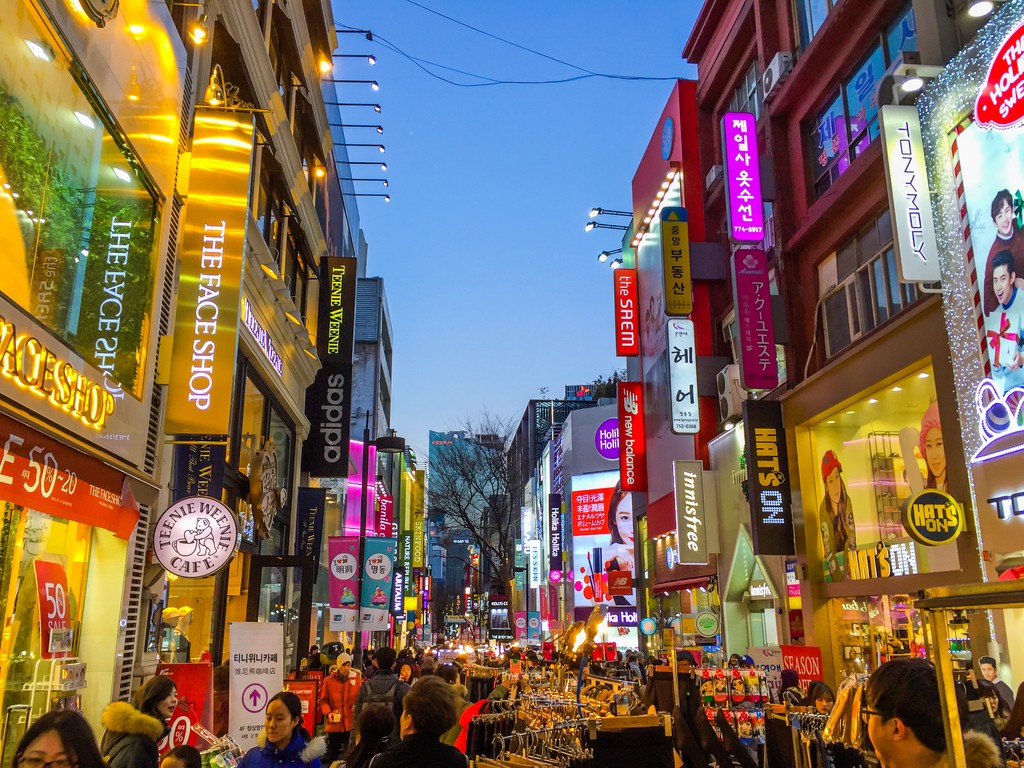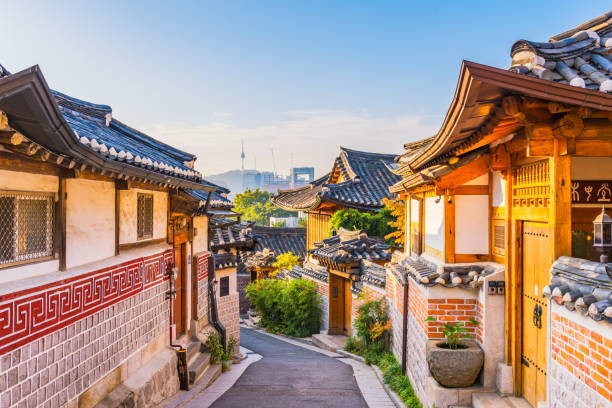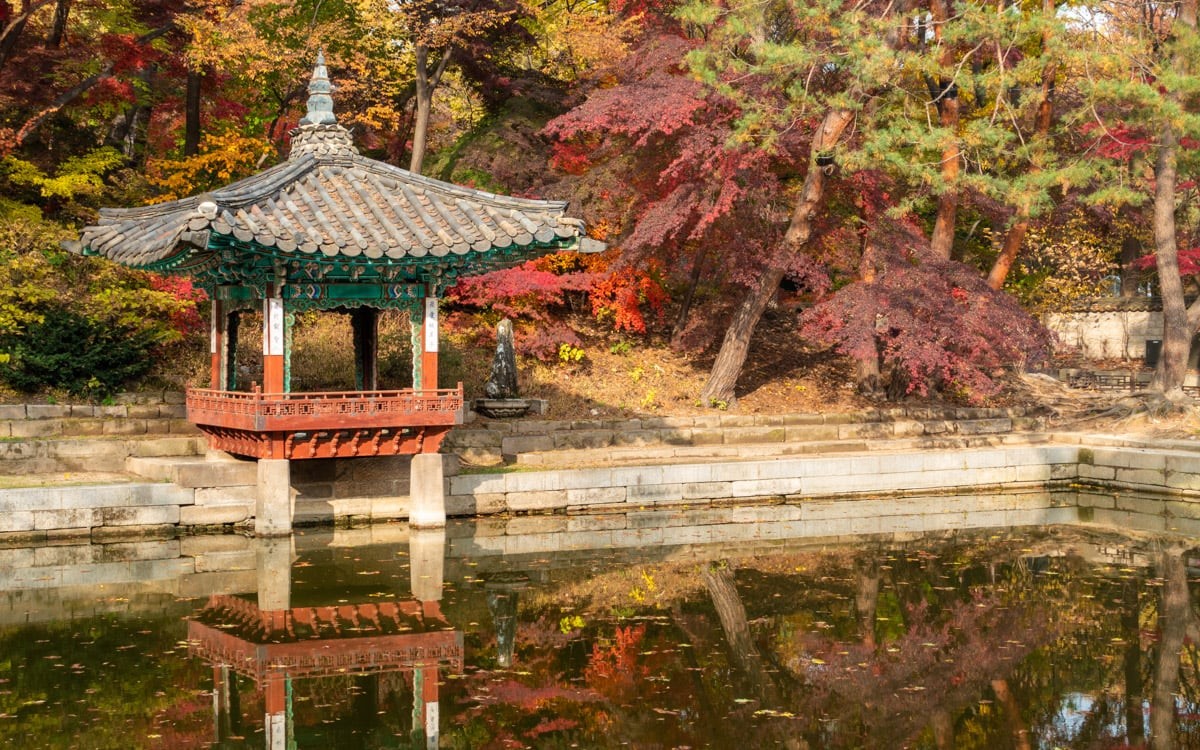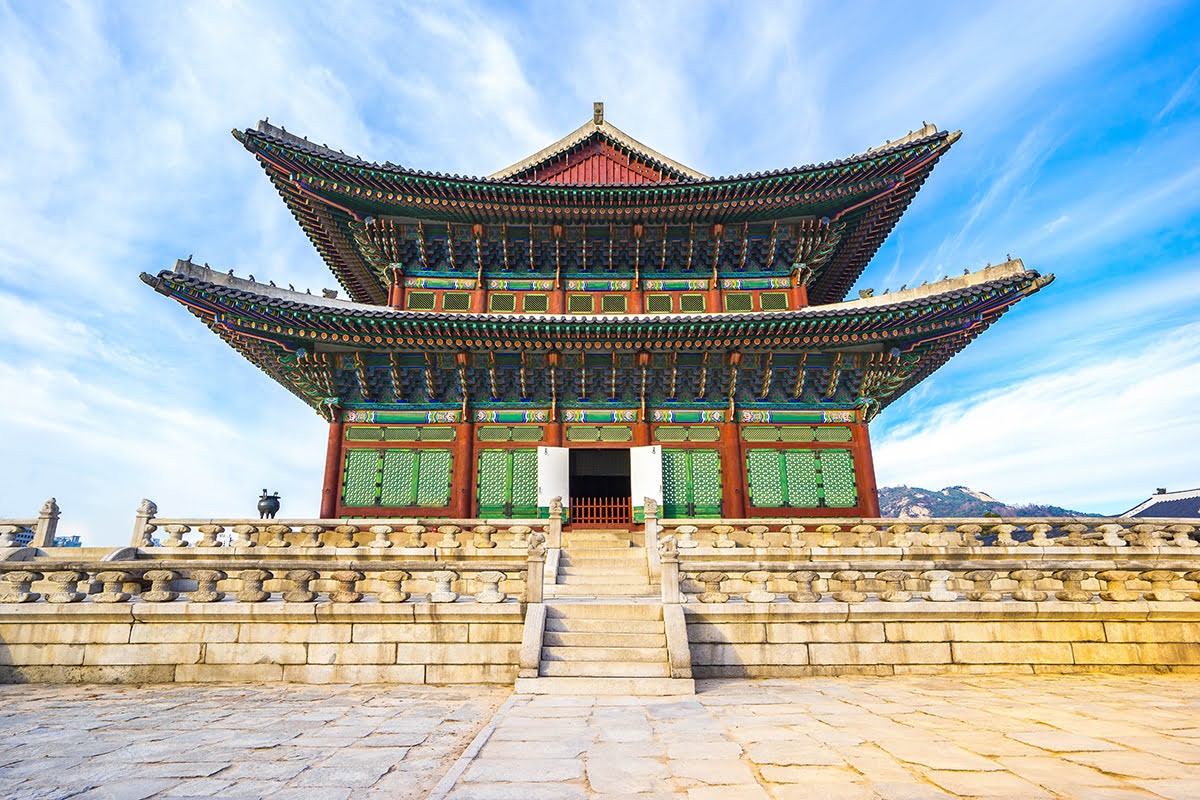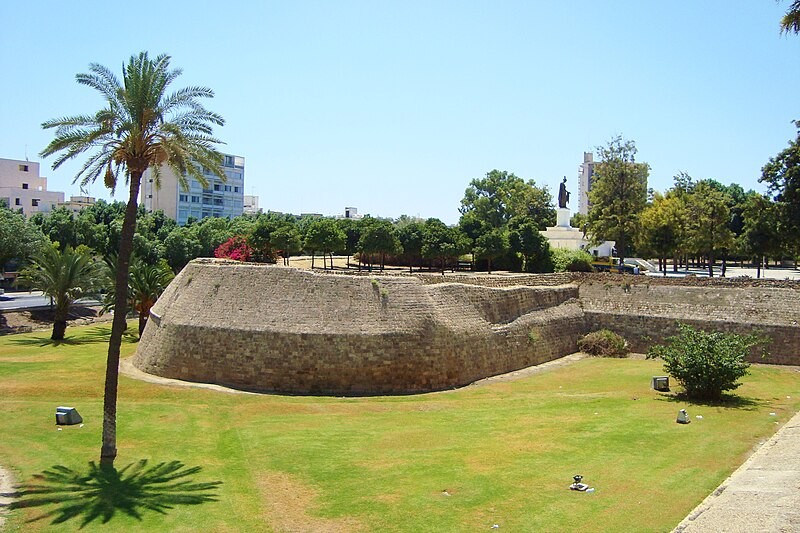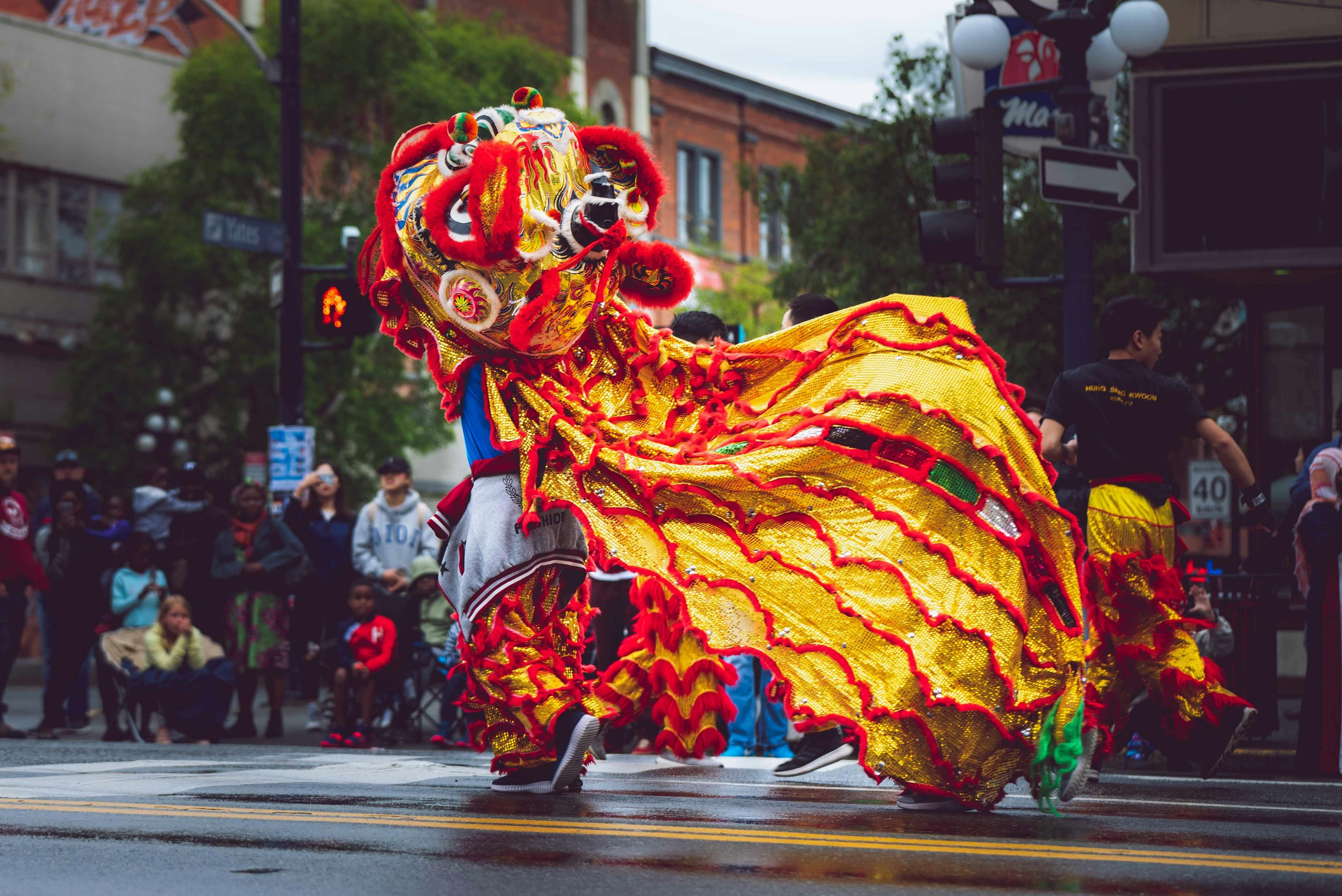
Culture: A Reflection of Human History
Culture is one of the fundamental building blocks of human history. It represents the way people live, their values, beliefs, and social norms, and serves as a connecting force among individuals and a shaping force for communities. A society’s culture encompasses its history, traditions, art, and systems of thought. Culture is a phenomenon passed from generation to generation, continuously evolving and changing. It guides social interactions and plays a significant role in interpersonal communication.
Definition of Culture
Culture is a broad concept that can be viewed from many perspectives. Generally, it includes a society's or group's shared value system, traditions, beliefs, art, language, food, clothing styles, religion, and legal structures. These elements form a society's identity and differentiate it from others. Culture also acts as a guide, influencing how individuals think, behave, and perceive the world.
Elements of Culture
A society’s culture consists of various elements, each interrelated to form a cohesive whole. The primary cultural elements include:
1. Language
Language is one of the most crucial elements of culture. It shapes how a society expresses itself, communicates, and thinks. Languages are fundamental tools for passing on cultural heritage and preserving collective memory.
2. Art and Literature
Art is a significant cultural element, showcasing a society’s aesthetic values and creativity. Literature, music, painting, sculpture, dance, and theater express a society's past, emotions, and thoughts. Art and literature also reflect cultural diversity and bring people together.
3. Religion and Belief Systems
Religion and belief systems are essential aspects of culture. They shape a society’s moral framework, rituals, ceremonies, and sacred values. Religious beliefs influence daily life and social interactions, and they also affect legal and ethical standards within a community.
4. Traiditions and Customs
Traditions and customs are rituals and ceremonies developed and maintained over time. They help preserve a society’s identity and are passed down from generation to generation. Examples include wedding ceremonies, festivals, and rites of passage, which strengthen social cohesion.
5. Cuisine
A society’s food culture is influenced by its geographical and climatic conditions. Cuisine reflects a society’s historical and economic development. Recipes and cooking techniques spread and evolve as cultures interact, contributing to a diverse culinary landscape.
Culture and Identity
Culture plays a vital role in defining both individual and collective identities. It provides a sense of belonging and makes individuals recognizable within a community. Each person is shaped by the values and norms of the culture they are born into. At the same time, individuals contribute to the development of their culture, influencing its evolution.
Culture affects not only individuals within a society but also interactions between societies. Cultural exchanges allow communities to learn from each other, grow, and enrich their own traditions. Cross-cultural dialogue enhances understanding and tolerance among different groups.
Culture and Globalization
Globalization refers to the increasing interconnectedness and interaction between cultures. Advances in technology, communication, and transportation have accelerated cultural exchanges. This process allows cultures to get to know and influence one another more closely, but it can also lead to the loss of some cultural values and homogenization.
In the era of globalization, there is a growing presence of a shared popular culture, often influenced by Western norms. However, this process has also raised awareness about the importance of preserving and maintaining local cultures. Many societies are making efforts to protect and pass on their cultural heritage.
Conclusion
Culture is a dynamic and evolving phenomenon that extends from the depths of human history to the present day. It is an invaluable element of human life that shapes identities, binds communities, and is passed through generations. Elements such as language, art, religion, traditions, and cuisine reflect both the past and present of a society. As globalization increases cultural interactions, preserving and nurturing local cultures remains crucial. Culture is a precious heritage that brings people together while highlighting what makes them unique.
